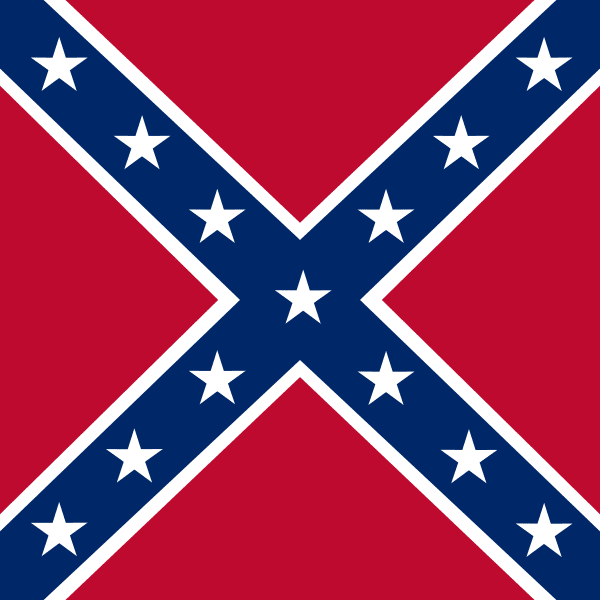
A short while ago, I published Mitt Romney’s tweet calling for the Confederate battle flag to be removed from the South Carolina state house as a tribute to the victims of the racist mass murders in Charleston.
There’s a debate going on in conservative circles about this matter.
David French, a southerner with a Yankee law degree from Harvard, defends the battle flag here.
I think he raises good points.
Reihan Salam, by contrast, argues against continuing use of the Confederate battle flag here.
On balance, I agree with Salam rather than French.
I understand that the Confederacy was about more than slavery. Indeed, on some points — though emphatically not on slavery — and while I’m resolutely on the side of the Union and of Abraham Lincoln, whom I venerate, I’m rather sympathetic to the Confederate cause. I strongly believe in federalism, for example, but the triumph of the North commenced the rise of the unitary American national state, which, today, has transformed the several states, in many respects, into mere administrative units of our masters in Washington DC. (I like to illustrate this by pointing out the widespread antebellum use of plural verbs with the plural noun United States, which has since been replaced by grammatically odd formulations like the United States is and the United States has.)
I understand that Robert E. Lee (another hero) abominated slavery, and that far and away most Confederate soldiers weren’t slave-owners. I understand that, in many Confederate circles, there was graciousness, nobility, and heroism. We’re not talking about the Nazi flag. There was nothing noble or gracious about the Third Reich.
But, as a matter of simple brute fact, the Confederate battle flag has become a symbol of racism, segregation, and slavery. And, as such, it ought have no official place in American life today.










